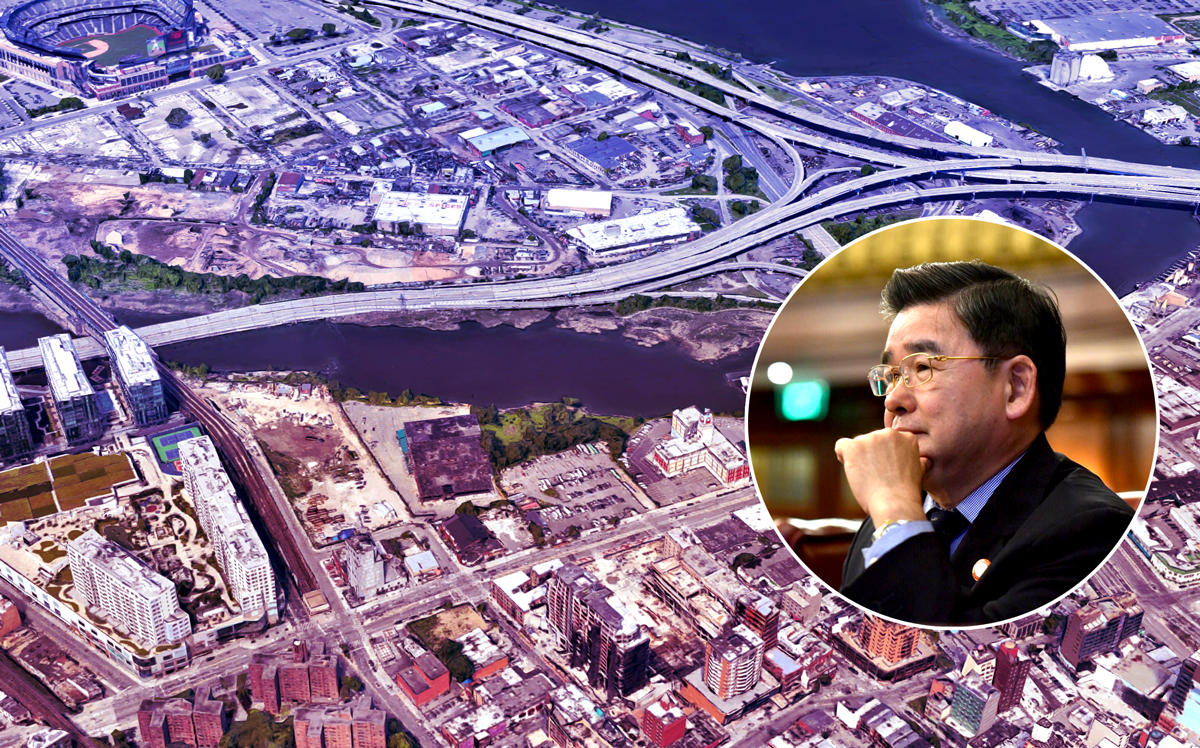Trending
Massive Flushing waterfront development stirs opposition
Interim borough president next to weigh in on 29-acre rezoning for $1 billion project

A planned mixed-use development on the Flushing waterfront is meeting steep pushback in Queens.
A proposed rezoning proposed by Flushing Willets Point Corona Local Development Corporation would allow a hotel, retail and 1,700 new apartments at a total cost of $1 billion. The plan is facing local opposition despite a favorable community board vote, City Limits reported.
Annetta Seecharran, executive director of Chhaya CDC, claimed the review process is being “railroaded” while an interim borough president serves in place of Melinda Katz, who became Queens district attorney. But others note that it is following the standard seven-month schedule mandated by the City Charter.
After the community board vote, the interim borough president now has 30 days to review the plan and give her recommendation. But a new borough president will be chosen in just three weeks, in a March 24 special election, and observers say the process should take a beat.
Most of the land in question could be developed without any special approval from the city, and supporters warn that is exactly what would happen.
An attorney representing the developers — a consortium of land owners and other stakeholders — said the rezoning will allow for much more efficient buildings and community benefits including 100 below-market-rate apartments, publicly accessible parkland and a road network integrated with the existing street grid. In exchange, the developers would gain flexibility on a portion of the waterfront now zoned for manufacturing.
“[The proposal] includes a larger waterfront, more open space and a more efficient road network,” said Ross Moskowitz, an attorney who represents the developers. “The rezoning at the northern end also allows for new housing — including affordable — which couldn’t be done if it was built as-of-right.”
Redevelopment plans for the Flushing River waterfront date back to the 1990s. Developers are still taking a wait-and-see approach as the plan makes its way through the review process. New York City Council member Peter Koo, who will ultimately decide the matter, has yet to take a public position on the rezoning. [City Limits] — Georgia Kromrei




